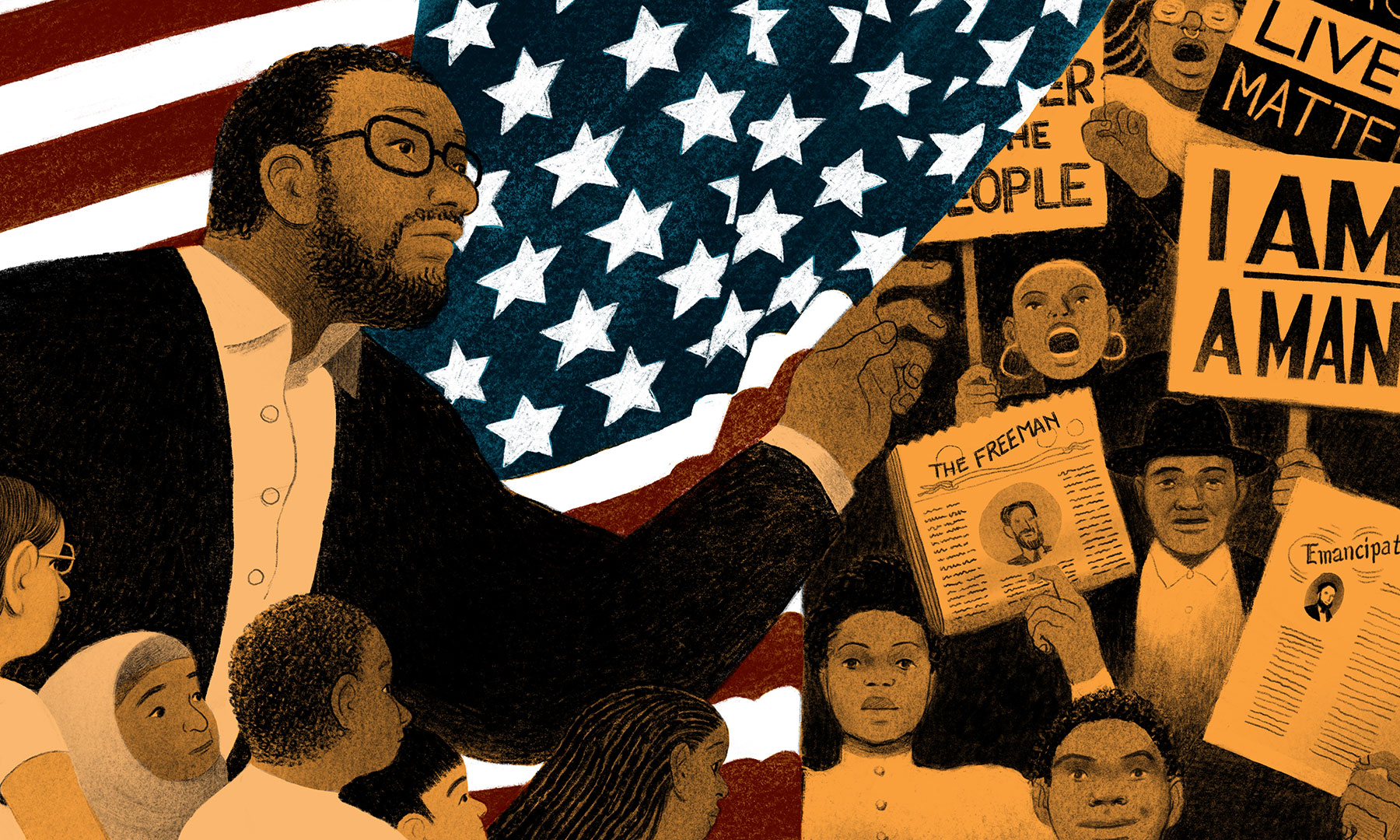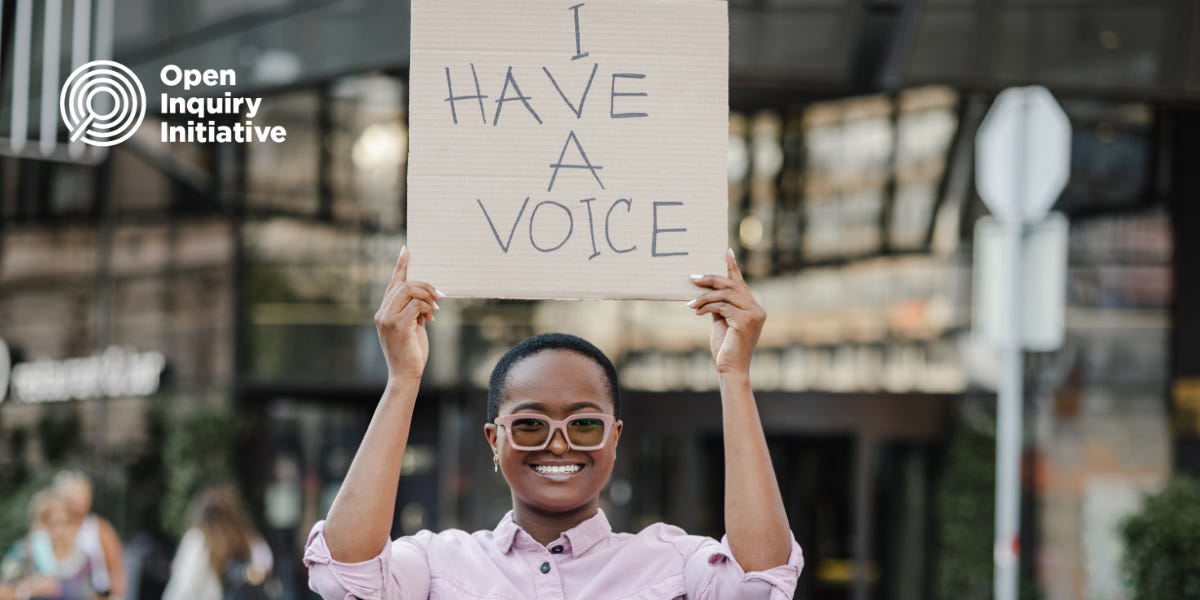The suspension of Jimmy Kimmel’s show isn’t merely about one man’s words. It is about the erosion of a lifestyle that has defined the American experiment.

Free speech in America has never been just a legal principle. It has been a way of life — a cultural habit, an identity marker, even an export brand. The ability to laugh at leaders, question norms, and offend sensibilities is woven into the American lifestyle as deeply as denim and jazz.
The suspension of Jimmy Kimmel’s show isn’t merely about one man’s words. It is about the erosion of a lifestyle that has defined the American experiment. When a society decides that certain jokes are too dangerous, it is not simply rewriting its laws — it is reshaping how its people live, express, and relate.
This essay argues that free speech is as much lifestyle as liberty, and its erosion carries consequences not only for law and politics, but for identity, culture, relationships, global standing, and even nuclear stability.
Free speech in practice looks less like court cases and more like everyday life:
• A comedian skewering politicians.
• A protester holding a controversial sign.
• A designer pushing uncomfortable aesthetics.
• A neighbor debating fiercely at the town hall.
These are lifestyle acts — part of the rhythm of democratic culture. They tell citizens: “You may not agree, but you are allowed to live differently.”
The Supreme Court has protected this lifestyle repeatedly:
• Cohen v. California (1971): A jacket reading “F*** the Draft” was declared protected speech.
• Texas v. Johnson (1989): Flag-burning upheld as constitutional expression.
• Tinker v. Des Moines (1969): Students’ right to wear armbands in protest was preserved.
In each case, the Court defended not just speech but lifestyle — the right to embody dissent in daily living.

America’s cultural brand has always been built on irreverence. From Mark Twain’s satire to Richard Pryor’s stand-up, from Andy Warhol’s provocations to Saturday Night Live’s lampoons — humor and art told the world that the U.S. lifestyle was bold, playful, and unafraid.
When comedians like Kimmel are silenced, the brand tarnishes. What was once exported as freedom becomes imported as fear.
Globally, the “American lifestyle” meant more than consumer products. It meant the freedom to laugh at leaders, to push boundaries, to live in offense and resilience. That lifestyle is fragile. Once gone, it cannot be sold back on the shelves of culture.
From the 20th century onward, the American lifestyle has been its greatest soft power asset:
• Music: Jazz during the Cold War symbolized improvisation and liberty.
• Fashion: Blue jeans became global emblems of rebellion.
• Hollywood: Comedies mocked leaders and comforted citizens simultaneously.
• Digital Culture: Memes, satire, and parody defined America’s online identity.
Now imagine a global audience watching America censor its own humor. Allies in Europe and Asia ask: what remains of the American lifestyle? Rivals in Moscow and Beijing gloat: America is no freer than us.
Lifestyle is influence. Lose it, and you lose not just markets but minds.
Humor has long been a tool of resilience in wartime.
• World War II: Cartoons mocked Hitler, boosting morale.
• Cold War: Satire ridiculed nuclear brinkmanship (Dr. Strangelove).
• Civil Rights Era: Humor and parody exposed hypocrisy and fueled activism.
Humor is not trivial; it is psychological armor. A nation that can laugh in crisis shows resilience. A nation that cannot is brittle.
This brittleness is dangerous in a nuclear age. Adversaries test societies not only with weapons but with pressure. A society too fragile for satire projects instability — a dangerous signal in global conflict.

The “free lifestyle” is not only cultural but economic. The U.S. creative economy — film, music, comedy, design, tech — generates over $2 trillion annually. At its heart lies the freedom to provoke and offend.
• Hollywood thrives on risk-taking.
• Tech thrives on disruption.
• Fashion thrives on pushing norms.
Silence satire, and you teach entrepreneurs, artists, and inventors that provocation is punishable. Innovation withers when lifestyle becomes conformity.
The cultural lifestyle of free expression echoes in personal relationships.
• In families: the ability to argue without fear mirrors the societal right to dissent.
• In workplaces: the freedom to question bosses reflects the right to question leaders.
• In friendships: humor, even offensive humor, cements resilience and honesty.
When society silences satire at the top, it signals that dissent everywhere is risky. Families, offices, and communities absorb the message: silence is safer than truth.
The Court’s greatest contributions have often been to lifestyle freedom:
• Protecting offensive armbands, jackets, protests, art.
• Insisting that democracy requires tolerance of discomfort.
• Reaffirming that the Constitution is not designed to protect feelings but to protect freedoms.
Yet if the Court begins to narrow these protections under political pressure, free speech could shift from lifestyle to liability. Living freely would become a conditional act, not a cultural right.

Where does the lifestyle of free speech go from here?
• Scenario One: Lifestyle Survives. Backlash restores comedy’s role. Citizens insist on living with laughter and offense. America retains its brand.
• Scenario Two: Lifestyle Shrinks. Corporations self-censor, comedians retreat, citizens hesitate. America exports conformity, not freedom.
• Scenario Three: Lifestyle Shifts. Dissent moves underground — podcasts, encrypted apps, fringe culture. Freedom survives, but as counterculture rather than mainstream.
The choice will define not just America’s politics but its way of life.
Free speech is not just law — it is lifestyle. It is the right to live loudly, to laugh irreverently, to push uncomfortably. It is America’s identity at home and its brand abroad.
Silence comedians, and you silence culture. Erode lifestyle, and you erode resilience.
The Kimmel suspension is not about one monologue. It is about whether free speech remains a way of life or becomes a luxury good — available only when convenient to power.
“Free speech is no longer a lifestyle guaranteed; it is a lifestyle negotiated.”
Anonymous is a private guest contributor of WTM MEDIA. Through Why These Matter, they examines the intersections of ethics, geo-politics, and government leadership—bringing clarity to issues that shape people, influence culture, and determine the future of global society.

At the intersection of brain chemistry and human longing, intimacy between men reveals a landscape of vulnerability, reward, and identity. This article delves into how neural circuits, hormonal dynamics, and psychological frameworks undergird male-male intimacy—why it matters, why it unsettles, and why it offers one of the deepest paths to self-knowledge and human connection. By combining neuroscience, endocrinology, and relational psychology, this piece argues that male intimacy is not a peripheral luxury but a core human imperative: a frontier where biology and spirit collide.

AI is reshaping medicine from diagnostic tool to empathic collaborator — a transformation that redefines care, ethics, and the essence of healing itself.

Across alliances, borders, and institutions, power is increasingly exercised without trust. This article examines how legitimacy—not military strength or economic size—has become the decisive variable in global stability, and why its erosion now threatens international order.